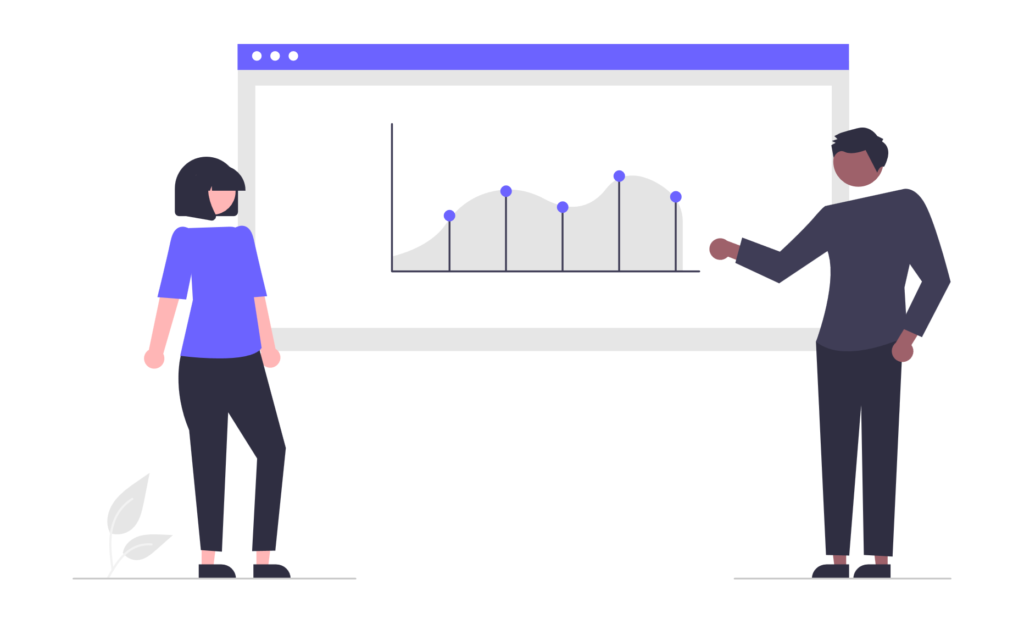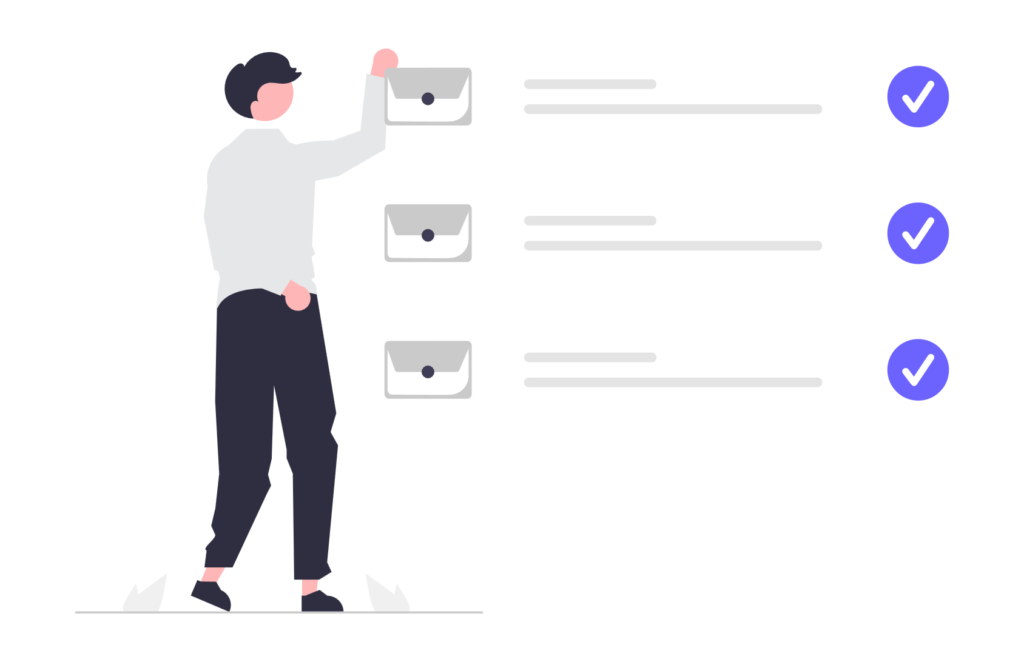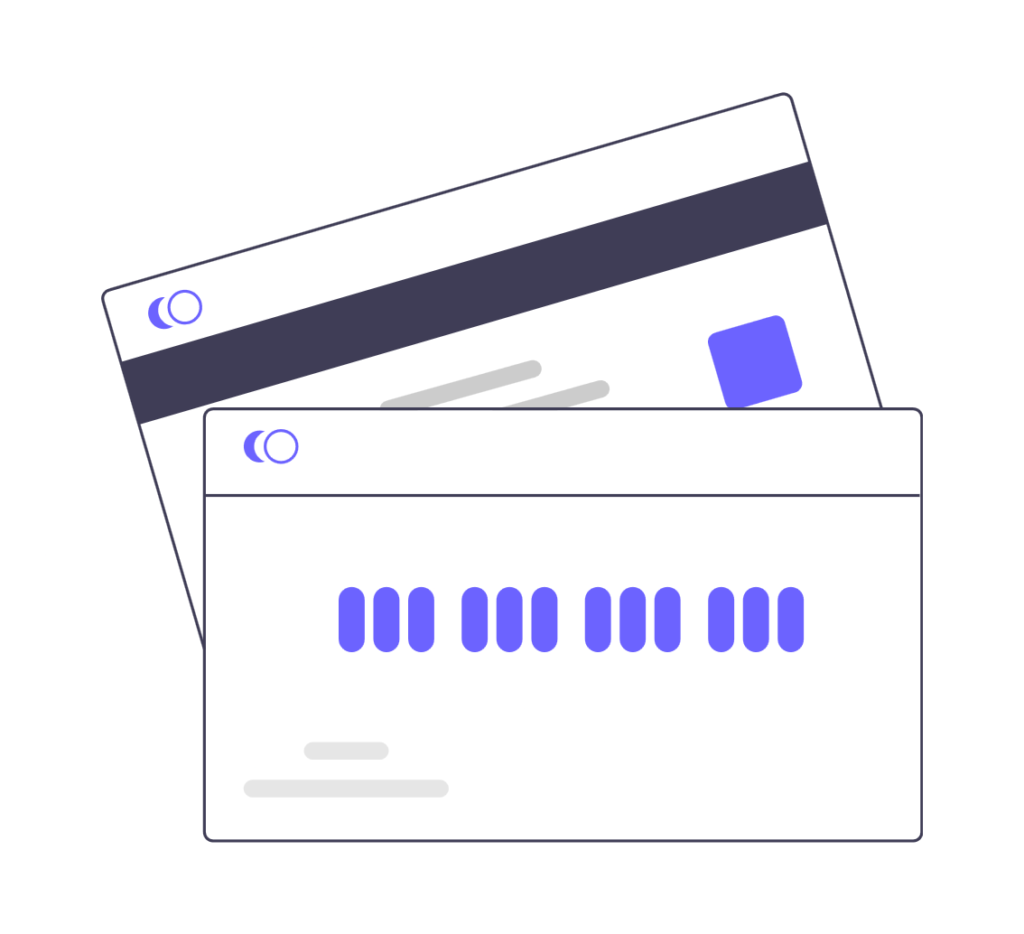
Healthcare

Odoo Healthcare ERP – Streamline Medical Operations and Enhance Patient Care
Managing a healthcare facility requires efficient coordination between patient records, appointments, billing, and medical staff. Odoo Healthcare ERP is a comprehensive solution designed to optimize hospital and clinic operations, improve patient management, and ensure compliance with healthcare regulations. With its advanced features, medical institutions can enhance service quality, reduce administrative workload, and improve overall efficiency.
Key Features of Odoo Healthcare ERP

1. Patient Management System
- Centralized Patient Records: Maintain digital records of patient history, prescriptions, and medical reports.
- Appointment Scheduling: Automate patient bookings and avoid scheduling conflicts.
2. Electronic Medical Records (EMR) Integration
- Secure Data Storage: Keep patient medical history confidential with role-based access controls.
- Quick Access to Reports: Retrieve medical records instantly to provide timely diagnoses and treatment.


3. Doctor and Staff Management
- Shift and Duty Scheduling: Manage doctors’ appointments, shifts, and leave requests efficiently.
- Task Assignment: Allocate responsibilities to medical staff to ensure smooth hospital operations.
4. Billing and Financial Management
- Automated Invoicing: Generate invoices for consultations, treatments, and medical procedures with ease.
- Insurance Integration: Manage patient insurance claims and track payment approvals.


5. Pharmacy and Inventory Management
- Medicine Stock Control: Monitor drug availability and get alerts for low stock levels.
- Prescription Tracking: Automate medicine prescriptions and ensure proper dispensing.
6. Laboratory and Diagnostic Center Management
- Test Result Tracking: Record and share diagnostic reports directly with doctors and patients.
- Lab Inventory Management: Keep track of laboratory equipment and medical supplies.

Benefits of Implementing Odoo Healthcare ERP

1. Improved Patient Experience
- Provides faster appointment scheduling and real-time medical record access.
- Ensures accurate billing and seamless insurance claim processing.
2. Enhanced Operational Efficiency
- Reduces paperwork by digitizing medical records and hospital workflows.
- Automates administrative tasks, allowing healthcare professionals to focus on patient care.


3. Better Financial Control
- Tracks revenue and expenses, ensuring accurate financial management.
- Reduces billing errors and speeds up insurance claim approvals.
4. Compliance and Data Security
- Adheres to healthcare data privacy regulations with secure record storage.
- Provides role-based access to sensitive patient information.
